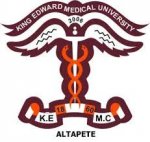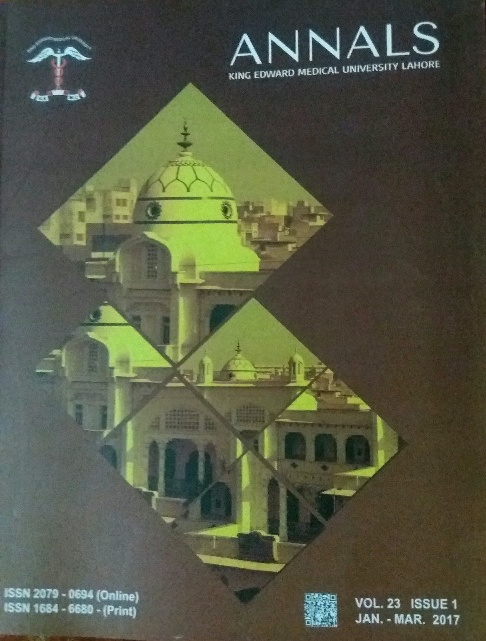Abstract | Background: Tuberculosis (TB) is a contagious disease and multidrug resistant tuberculosis is an emerging global issue. Rapid detection of such type of tuberculosis is necessary for timely control of the disease. GeneXpert test has already been implemented by World Health Organization to diagnose the infection on urgent basis.
Objectives: This study was designed to apply GeneXpert MTB/RIF assays for the detection of rifampicin resistant tuberculosis and validation of assays by comparing with conventional standard drug proportion method. Additionally, to explore whether the assay can be utilized in treatment of Multidrug Resistant TB
Settings: This study was undertaken in Pakistan Health Research Council TB Research Centre in collaboration with Department of Pulmonology, King Edward Medical University, Mayo Hospital, Lahore.
Methods: Sputum samples from 125 patients were collected from confirmed pulmonary TB patients who were not responding to standard regimen of first line anti-tubercular treatment. Smears were stained by Ziehl-Neelsen method. All specimens were processed for culture and drug sensitivity by drug proportion method using Lowenstein Jensen medium as well as GeneXpert MTB/RIF assay.
Results: A total of 125 subjects were registered in present study including 64 (51.2%) males and 61 (48.8%) females of age 15 years and above with mean age of 36.9±14.99. Sensitivity and specificity of the assay was observed as 92.1% and 93.5%, respectively. Association of rifampicin resistant by MTB/RIF assay and isoniazid resistance was found to be 88.1% and an agreement rate of rifampicin resistance by GeneXpert MTB/RIF assay with isoniazid resistance was 81.25%. A total of 56 (44.8%) cases were found to be multidrug resistant patients and an agreement rate of 92.9% (52/56) was demonstrated in multidrug resistant patients which was found to be rifampicin resistant by GeneXpert in present study.
Conclusion: GeneXpert MTB/RIF assay shown high sensitivity (96.7%) and specificity (98.6%). This most modern and latest technique, particularly in smear negative patients, helps rapid detection of TB and rifampicin resistance, which facilitates prompt diagnosis of multidrug resistant TB. These results propose that effective treatment can be initiated at an early stage, which will greatly help in reducing multidrug resistant TB.







